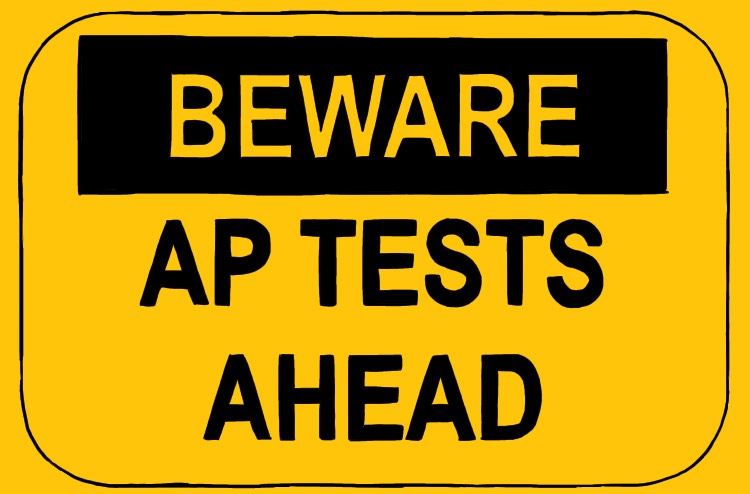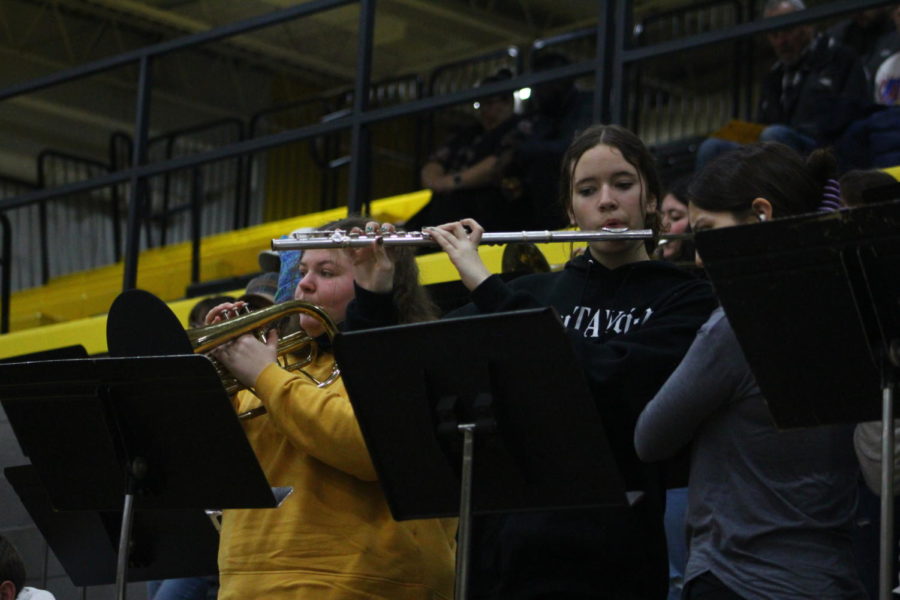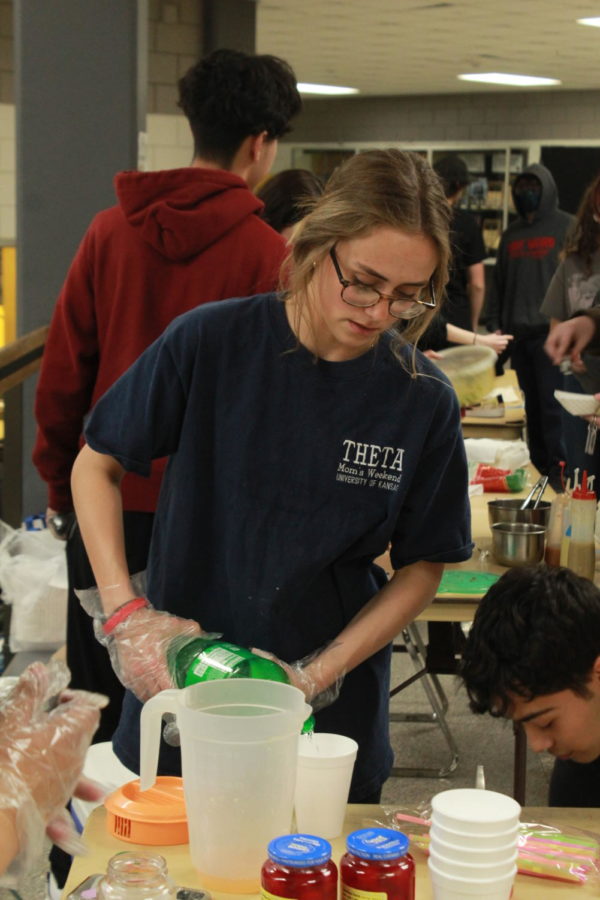Opinion: Cost should not be attached to AP tests
April 11, 2021
As of 2020, the approximate cost of each Advanced Placement (AP) test was $94, and is said to increase by $1 or $2 each year, according to prepscholar. This puts low-income students at a disadvantage compared to middle-income and high-income students. In order for every student to have equal opportunities to take the AP exams, there should be no charge attached to them.
While there are some instances where a student can get a reduced fee, such as a student whose household qualifies for food stamps, or is below the poverty line, there are still students who may not be able to afford the exams who do not qualify for reduced fees. These students are far less likely to even sign up for AP courses, let alone take the exams, as stated in an article from the CT Mirror. The financial aid provided to students for AP exams is roughly $33 according to the AP students college board, and that is only if you express significant financial need for it. This makes each test about $60, which is not nearly enough of a reduction.
There are many universities, usually Ivy league or very selective schools, that require students to take several AP courses in high school, but if they are not able to afford the fee for the tests, that would put them at a disadvantage compared to the high-income students, as they are not given the same opportunities just because they do not have as much money.
In 2019, the Kaiser Family Foundation displayed statistics which showed that 20% of the poverty rate in Kansas was Black, and 20% was Hispanic, as opposed to the 9% of White people. Researchgate states that Black and Hispanic high school students take AP courses at nearly half the rate of white students. It is not just “low-income” families that are affected by these rates, but it is affecting these minority groups at a disproportionate rate.
If students had equal access to AP tests, the number of students who take and pass the tests will likely increase. According to an article from The Washington Post, 13 years ago, an experiment was done in Houston, Texas where every student in an Advanced Placement class took the AP test, for which the school district paid all of the fees. That year, the number of tests taken increased 143.5%, and the number of tests with passing scores increased to 94%. This proved both that the school district was able to pay for all of the students’ testing fees, and that the students took it more seriously when they were given the opportunity to take the test.
If we eliminate the fees for taking AP exams, every student will have an equal opportunity to take certain classes, as well as getting into the same schools. These exam fees would no longer disproportionately affect minority groups such as Black Indigenous People of Color (BIPOC), and by getting rid of the cost completely, it would make it much easier for students to achieve their goals without worrying about going broke in the process.





















